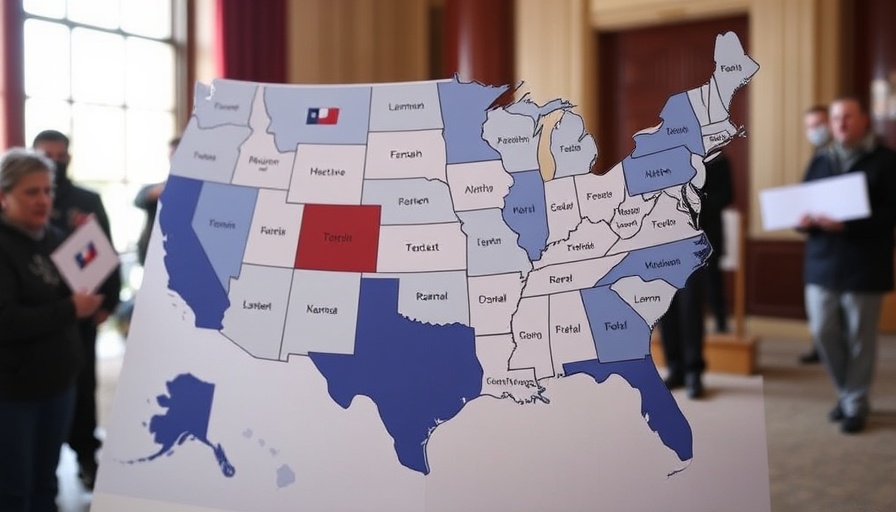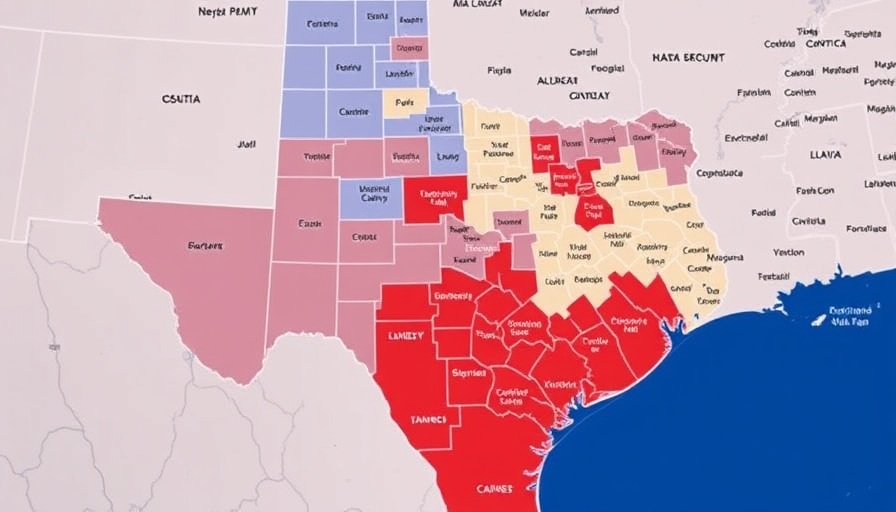
The Troubling Alliance: El Salvador and the U.S.
The recent ``alliance`` between President Donald Trump and El Salvador’s President Nayib Bukele, marked by a photo opportunity in the Oval Office, raises significant concerns about the impact of offshoring justice. Their collaboration centers on combating crime but at a cost that threatens human rights. The arrangement allows for the rounding up of alleged gang members in a manner unaffordable under U.S. courts, which prohibits such measures at home.
Human Rights Under Siege
Since the implementation of a state of exception in March 2022, El Salvador has witnessed a staggering increase in incarceration rates, currently boasting the highest in the world. Over 110,000 Salvadorans—nearly two percent of the nation’s population—have been incarcerated. While the government touts a significant reduction in homicides, these achievements come hand in hand with the erosion of due process. Reports of torture, neglect, and abuse have surfaced amidst this crackdown, indicating a deeply flawed system where human rights become an inevitable casualty.
The Mechanics of Offshoring Justice
Interestingly, this framework does not exist in a vacuum; it is supported by U.S. dollars. The Trump administration’s financial involvement in this initiative underscores how the U.S. law enforcement policies are being tightly interwoven with foreign realities. The U.S. has offered around $15 million to support the detention of its deportees in Bukele’s regime. At the moment a charter plane leaves U.S. soil, captured migrants fall entirely outside American legal jurisdiction, leading to serious ethical implications regarding justice and oversight.
Global Implications of a Hardline Approach
What started as a national experiment in El Salvador has turned into an influential model across the region. Both Honduras and Ecuador have expressed intentions to replicate Bukele’s strategies, citing his supposed success in reducing crime rates significantly. However, this emulation could lead to a troubling standard where human rights violations are seen as acceptable collateral for public safety. This raises a question: how far should governments go in the name of security?
Business Leaders: A Time to Reflect
As Texas business owners and leaders, it is essential to reflect on how offshoring justice impacts local and global economic dynamics. The implications extend beyond humanitarian concerns; they touch on the stability needed for business growth and the moral fabric of societies. With countries under pressure to prioritize security at the potential cost of civil liberties, businesses must evaluate the risks associated with partner nations that implement harsh policies. Understanding these nuances is key to ensuring sustainable growth.
Conclusion: Take Action on Advocacy
The intersection of business and global human rights practices requires careful navigation. Engaging in advocacy for compassionate immigration policies and humane treatment of detainees can propel the narrative towards more ethical frameworks. As business leaders look to the future, ensuring a commitment to ethical standards must remain paramount. Collaborating with organizations that champion justice and human rights can illuminate paths that uphold the values we cherish, benefitting not only individual businesses but society as a whole.
 Add Row
Add Row  Add
Add 




Write A Comment